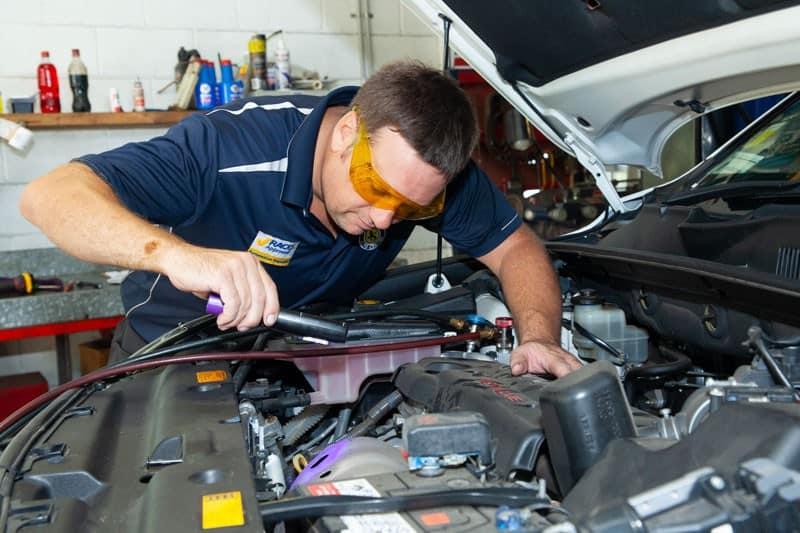In the world of aviation, aircraft mechanics play a pivotal role in ensuring the safety and efficiency of air travel. Despite their critical role, there is a widespread perception that these professionals earn less than what their expertise and responsibilities suggest. This article aims to delve into the reasons behind this paradox, exploring why aircraft mechanics might make less than expected.
Firstly, it's essential to understand the role of an aircraft mechanic. These professionals are responsible for the maintenance, repair, and inspection of aircraft in accordance with aviation regulations. Their job is not only physically demanding but also requires a high level of technical knowledge and precision. Despite these demanding aspects, the compensation often doesn't match the level of expertise and responsibility required.
One of the primary reasons for this discrepancy is the nature of the aviation industry itself. The industry is highly cyclical, with profitability often linked to factors beyond its control, such as fuel prices, economic conditions, and geopolitical events. These fluctuations can impact the wages of all employees, including aircraft mechanics.
Another factor is the outsourcing of maintenance work. Many airlines, particularly low-cost carriers, outsource their maintenance work to third-party providers, often in countries with lower labor costs. This practice puts downward pressure on wages as domestic mechanics must compete with lower-cost foreign labor.
The educational requirements for becoming an aircraft mechanic may also play a part. While the job requires specialized training, it doesn't necessarily require a four-year degree. This can lead to lower wages compared to professions that require advanced degrees, even though the skill set and responsibilities may be comparable.
The structure of the labor market also contributes to this wage discrepancy. The aviation industry has a high level of unionization, which can lead to standardized wage scales. While this can provide job security and benefits, it may also limit wage growth for individual workers.
Lastly, the perception of lower wages may also be influenced by the comparison with pilot salaries. Pilots, particularly those working for major airlines, tend to earn high salaries, which can skew perceptions of what other aviation professionals should earn.
In conclusion, the question of why aircraft mechanics make so little is multifaceted, influenced by industry dynamics, labor market structure, educational requirements, and wage comparisons within the aviation sector. While these factors provide some explanation, it's crucial to recognize the invaluable contribution of aircraft mechanics to aviation safety and efficiency. As the industry evolves, it's hoped that their compensation will more accurately reflect their critical role.
This article is not intended to undermine the profession of aircraft mechanics but to shed light on the complexities surrounding their compensation. It's a call to action for industry stakeholders to reassess the value placed on these essential professionals and ensure their compensation is commensurate with their skills and responsibilities.

